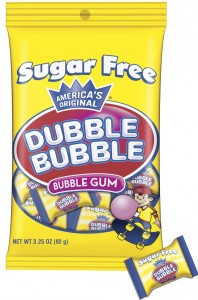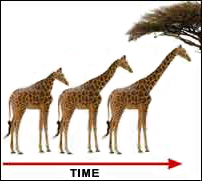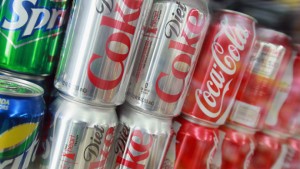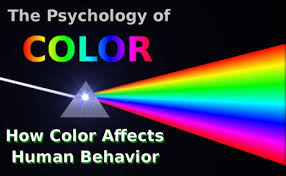The entertainment at a senior event hosted by my high school this past spring included hair stylists, fortune tellers, and most fascinating to me, a graphologist, or handwriting analyst. I have always had good penmanship, so I was interested to see what the graphologist had to say about it. He took one quick glance at my small rounded letters and said “So what type of science are you going to be majoring in?”. Considering my presence in this class, which is specifically structured for non-scientists, he missed the mark quite a bit. However, a future art major, whose handwriting was evaluated before mine, had a different experience. Her messy, scripted letters helped the man to label her as a creative artist. I am an undecided student who is still open to pursuing a variety of majors, so this made me wonder if I should actually take the graphologist’s assumption about me into consideration. Is it possible to figure out personality through the judgement of handwriting?
In this case, the null hypothesis is that handwriting does not determine personal traits, and the alternative hypothesis is that handwriting determines personal traits. There are a large number of confounding variables for this hypothesis, like left-handed versus right-handed people, the fact that some people have multiple handwriting styles, the use of different writing utensils, and physical disabilities like poor eyesight or Parkinson’s Disease.

This image came from http://essaypedia.com/
In one experimental study, a large group of judges individually viewed samples of famous artist’s handwriting, and attempted to match each handwriting sample to each artist. The study claims that if chance played a factor here, they would have matched 33% correctly; instead, they matched 68% correctly. However, the researchers did take into account that these results could be connected to the judges’ previous knowledge of each artist’s artwork and style. In addition, similarity between the handwriting should be taken into account. These samples of handwriting were strikingly different from one another, making it easier to match the artist with the handwriting. A more convincing study would include handwriting samples that are similar, yet indicate different personality traits.
Another scientist conducted an experimental study in which judges rated handwriting according to specific traits, and then compared the results with the traits. The results of trying to determine qualities like intelligence and self confidence through the handwriting were not successful. The researchers in this study point out that the method in which the judges viewed the handwriting could influence the results. Rather than looking at each handwriting sample individually, they looked at them in a group and rated them individually.
These two studies were based on intuition, but there is also another way to study handwriting: analysis. With this method, more detail is taken into account, such as the ratio of spacing between letters. In a study by Pascal, handwriting samples were taken from 22 people, who were studied for 36 hours and then classified into 36 personality variables. Pascal ranked and attempted to connect the handwriting variables with the personality variables, but again, his results did not show a connection between handwriting and personality.
In conclusion, there are some qualities of handwriting which are attributed to certain personality traits, but this does not mean that every person has the qualities that their handwriting shows that they should have. The studies which include matching methods have too many confounding variables to determine successful results, and the last study, which used the analytical method, showed no results. The graphologists were able to match more handwritings than normal judges, but this is because they know what to look for, not because the results are actually true. According to Psychology Today, graphologists continue to argue that handwriting does reflect personality, considering the fact that graphology is used in forensic science to help solve crime cases. However, Psychology Today also points out that there is little evidence of mechanisms that explain the link. In these studies, the null hypothesis was accepted, meaning no link was found. The next time you take a Buzzfeed quiz like this, don’t take your results too seriously.
http://onlinelibrary.wiley.com/doi/10.1111/j.1467-6494.1949.tb01222.x/epdf
https://www.psychologytoday.com/blog/sideways-view/201605/write-and-wrong-personality-and-handwriting
https://www.buzzfeed.com/adamellis/what-does-your-handwriting-actually-say-about-you?utm_term=.kta55w3yz#.cxp443WYE
http://essaypedia.com/


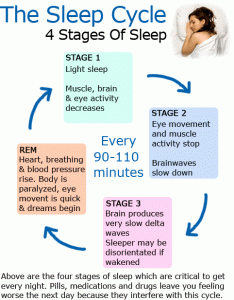








 of the Walking Dead the viewer is never told how the virus started, however; they are given information as the show goes on. The big problem in the Walking Dead is that everyone is infected with the virus; this means it doesn’t matter how you die you come back as a zombie either way. Given this information it is said that the virus is airborne and that is why so many people are infected. The zombies are an added threat in this world and although the bite doesn’t make you a zombie directly it gives you a very high fever. This fever kills you very fast and that is why it is such a problem.
of the Walking Dead the viewer is never told how the virus started, however; they are given information as the show goes on. The big problem in the Walking Dead is that everyone is infected with the virus; this means it doesn’t matter how you die you come back as a zombie either way. Given this information it is said that the virus is airborne and that is why so many people are infected. The zombies are an added threat in this world and although the bite doesn’t make you a zombie directly it gives you a very high fever. This fever kills you very fast and that is why it is such a problem.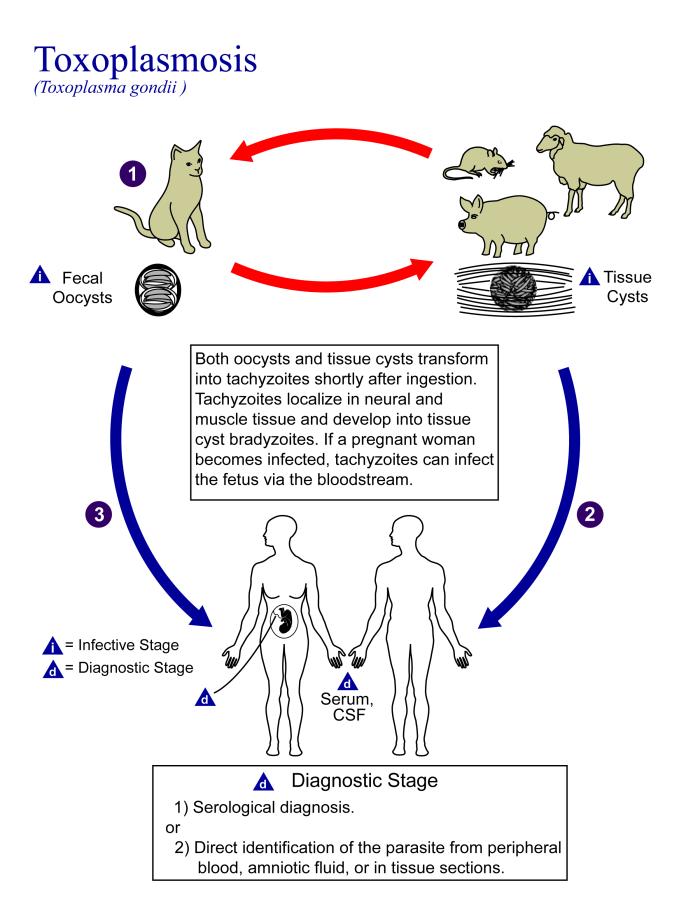 humans. This parasite can be in humans without them even knowing it; that is why over half the worlds population is infected and it is not making headlines When this parasite is in a health human the immune system is able to keep it under control and it is not a problem (
humans. This parasite can be in humans without them even knowing it; that is why over half the worlds population is infected and it is not making headlines When this parasite is in a health human the immune system is able to keep it under control and it is not a problem (



















